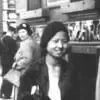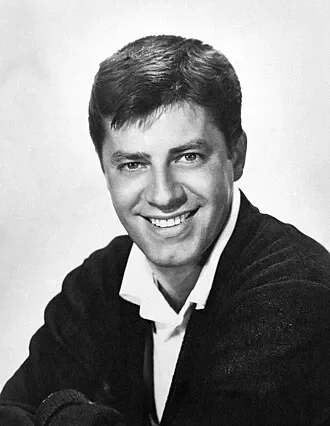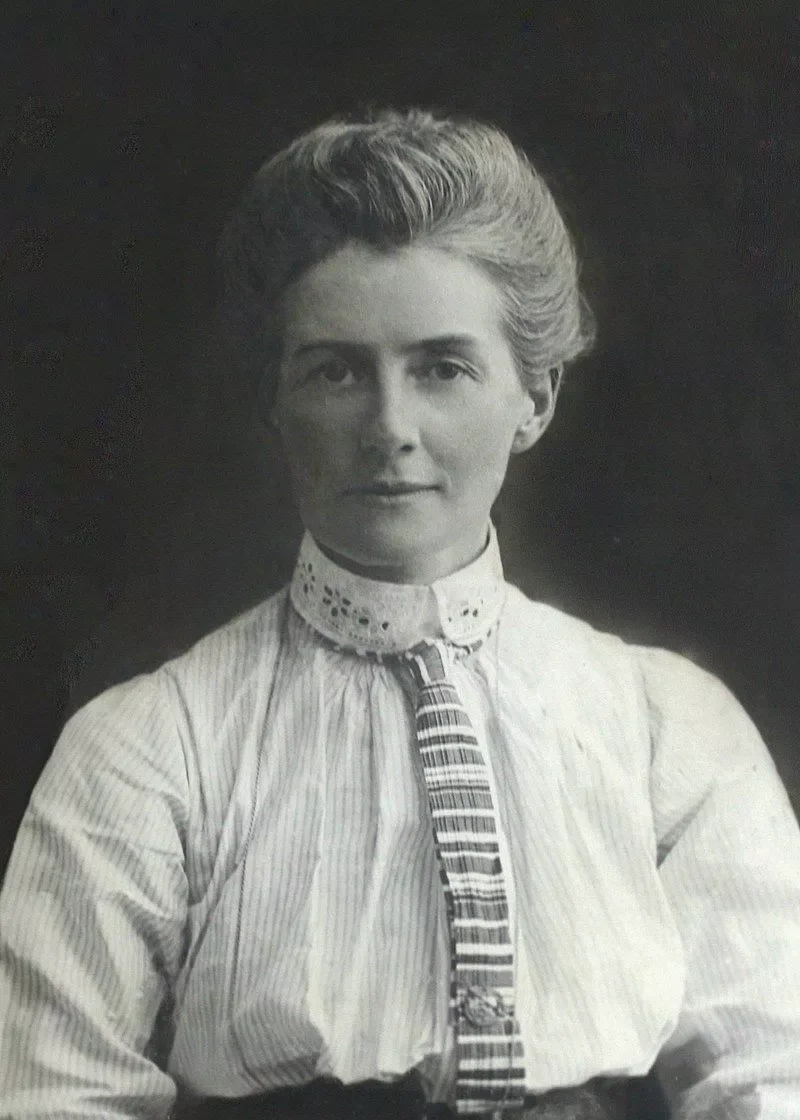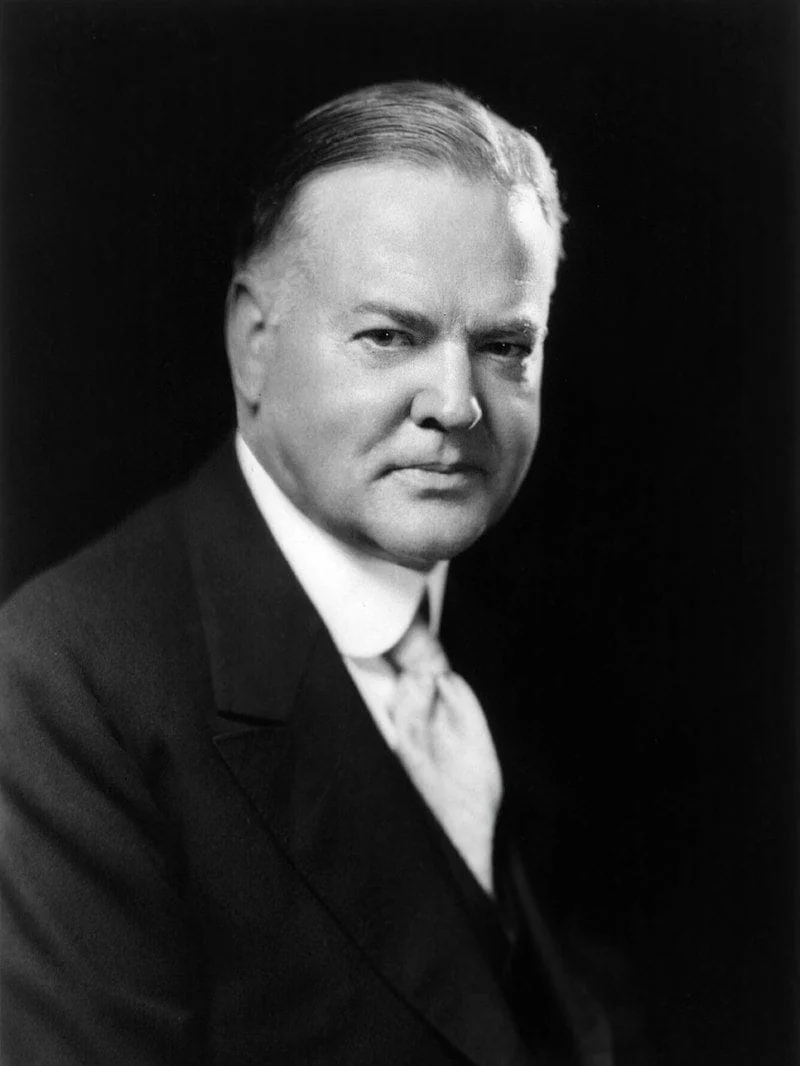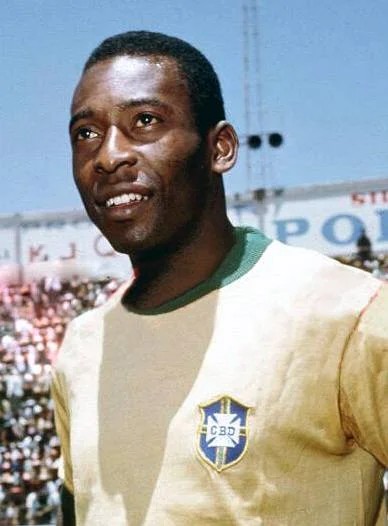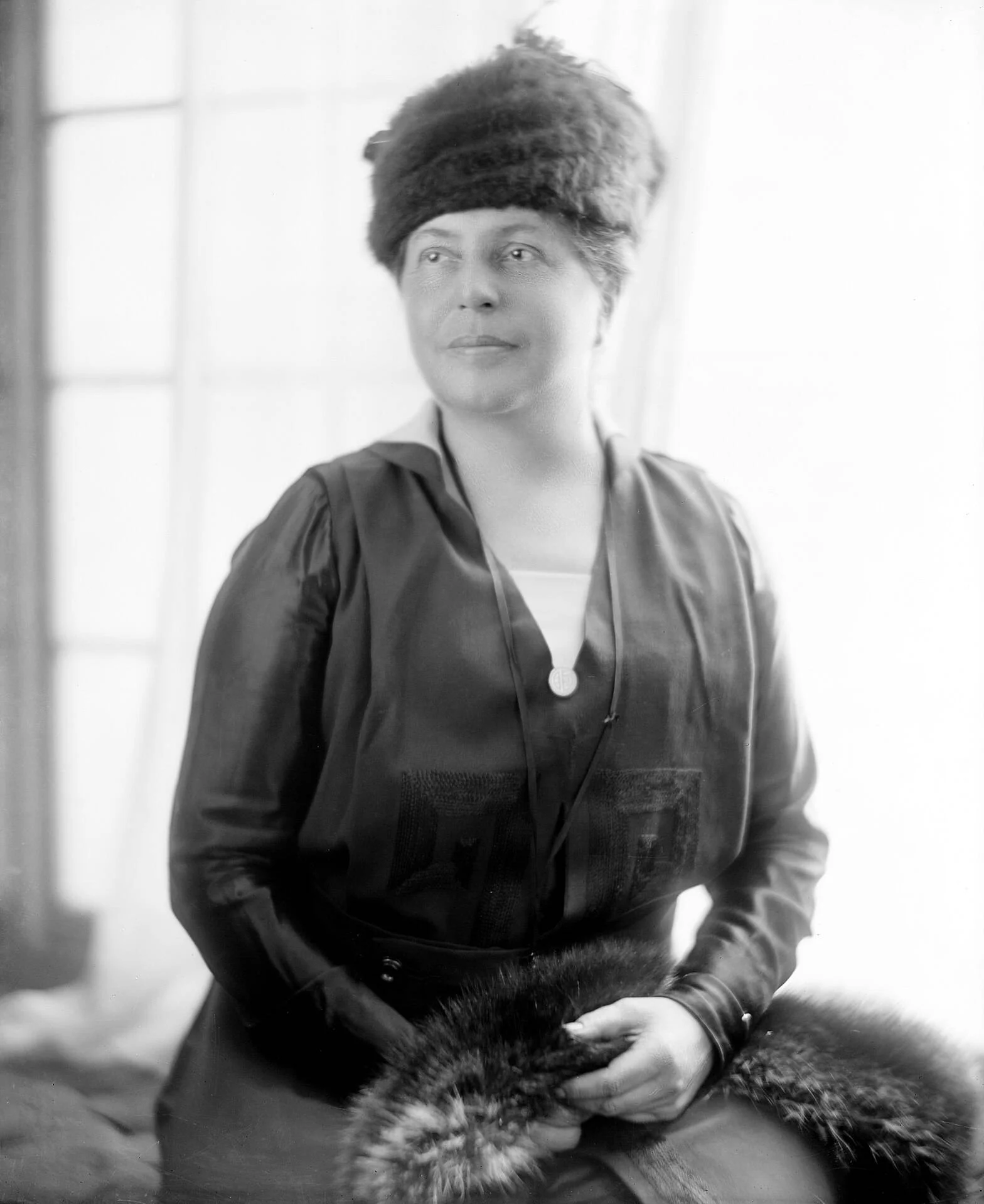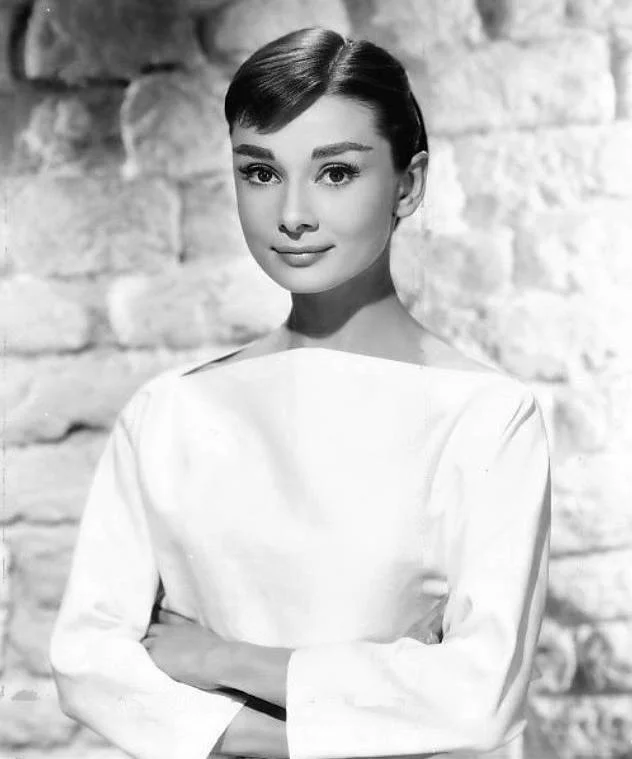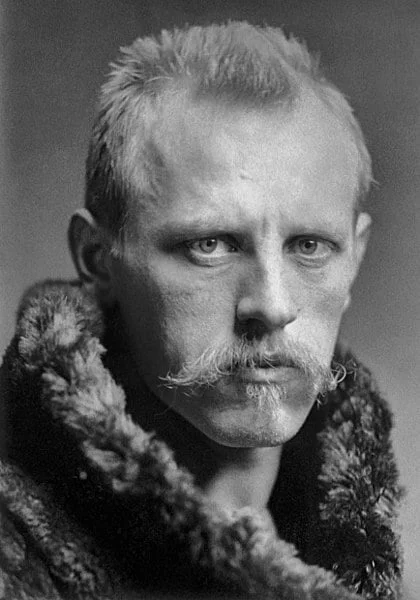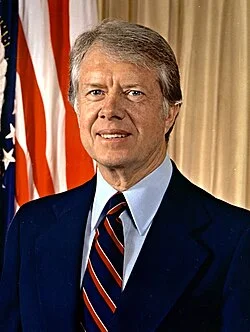Real Celebrities Never Die!
OR
Search For Past Celebrities Whose Birthday You Share
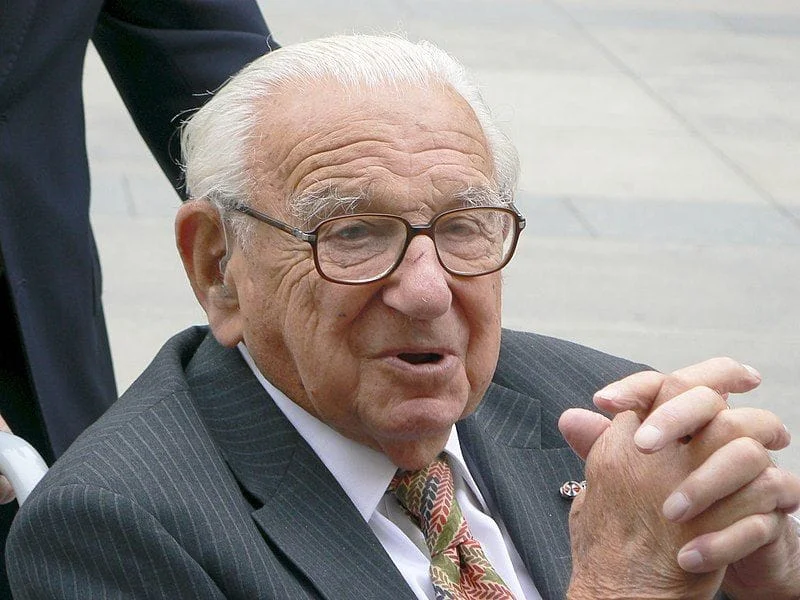
source:wikipedia.org
Nicholas Winton
Birthday:
19 May, 1909
Date of Death:
01 Jul, 2015
Cause of death:
Natural causes
Nationality:
British
Famous As:
Humanitarian
Age at the time of death:
106
Nicholas Winton's Quote's
Early Life and Background
Sir Nicholas George Winton was born on May 19, 1909, in Hampstead, London. He was born to German-Jewish parents who had immigrated to Britain at the beginning of the 20th century, Nicholas Winton was originally named Nicholas Wertheim. His family later changed their name to Winton and had him baptized in the Anglican Church.
Education and Early Career
Winton attended Stowe School in Buckinghamshire. After leaving school, he worked at various banks in London, Hamburg, and Berlin. By the late 1930s, he had become a stockbroker in London.
The Czech Kindertransport
In December 1938, at the age of 29, Winton’s life took a dramatic turn. Instead of going on a planned skiing holiday, he visited Prague at the request of a friend. There, he witnessed the dire situation of refugees in camps, particularly the plight of children at risk from the impending Nazi occupation.
Moved by what he saw, Winton set up an organization to aid children from Jewish families at risk from the Nazis. He worked tirelessly to find British families willing to take in these children and guarantee payment for their care. Winton also raised money to fund the transports and navigated complex bureaucracies to secure the necessary documents.
Achievements and Impact
Between March and August 1939, Winton and his team organized eight trains that carried 669 children from Prague to London. The last planned train, which was to carry 250 children, was scheduled to depart on September 1, 1939. Tragically, it never left the station as Germany invaded Poland that day, marking the start of World War II.
Later Life and Recognition
For nearly 50 years, Winton’s humanitarian efforts remained largely unknown. It wasn’t until 1988 when his wife found a detailed scrapbook in their attic that his story came to light. The scrapbook contained lists of the children, including their parents’ names and the names and addresses of the families that took them in.
In February 1988, Winton’s story was featured on the BBC television programme “That’s Life!”, where he was reunited with some of the children he had saved. This event brought his efforts to public attention, and he became known as the “British Schindler.”
Personal Life and Death
Winton married Grete Gjelstrup in 1948, and they had three children. Despite his remarkable achievements, Winton was known for his humility, often stating that he was simply in the right place at the right time.
Sir Nicholas Winton passed away on July 1, 2015, in Slough, England, at the remarkable age of 106. His legacy lives on through the hundreds of people alive today because of his actions, and the countless others inspired by his courage and compassion.
Winton’s life story is a testament to the profound impact one individual can have in the face of great adversity. His actions during a dark period of history serve as an enduring example of moral courage and humanitarian service.
Name:
Nicholas Winton
Popular Name:
Nicholas Winton
Gender:
Male
Cause of Death:
Natural causes
Spouse:
Place of Birth:
London, England
Place of Death:
Maidenhead, England
Occupation / Profession:
Personality Type
Protagonist: Charismatic and inspiring leaders, able to mesmerize their listeners. Winton was known for his empathy, leadership, and commitment to humanitarian causes. He inspired others to join his mission and worked tirelessly for the welfare of the children he saved.
He was a lifelong advocate for peace and humanitarian efforts, speaking out against war and injustice.
He was honored with a number of awards and was even invited to the 2014 Winter Olympics in Sochi as a symbol of humanitarian work.
Winton received letters of thanks from many of the children he saved throughout his life.
Winton's humanitarian work was kept secret for decades; he only revealed it to his wife in 1988.
A documentary about his life, “Nicky’s Family,” was released in 2011, raising awareness of his legacy
He received the Pride of Britain Award for Lifetime Achievement in 2003 .
In 2003, he was knighted by Queen Elizabeth II for “services to humanity.”
In 2014, he was awarded the Order of the White Lion (1st class), the highest honor of the Czech Republic
Organized the rescue of 669 Jewish children from Nazi-occupied Czechoslovakia

